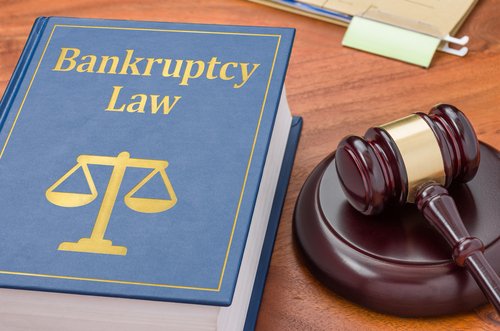Having to face a lawsuits is rough. Creditors often file lawsuits to try and collect debts. While filing for bankruptcy halts most lawsuits, it does not stop them all. Consult a bankruptcy attorney, who can give you a clearer picture whether a bankruptcy filing can help you with a pending legal matter.
How Does a Bankruptcy Filing Affect Lawsuits?
When you file for Chapter 7 or Chapter 13 bankruptcy, an automatic stay takes effect. It prevents creditors from harassing you for repayment. Creditors must immediately stop all collection activities, including lawsuits and wage garnishments relating to almost all types of debt.
What Type of Lawsuits Cannot Be Stopped?
While filing a bankruptcy stops most types of civil legal proceedings, it does not stop lawsuits relating to custody of children and child support. Further, lawsuits related to debts incurred after the filing of a bankruptcy may proceed. Occasionally, a bankruptcy judge will allow a state court action to continue in order to determine a question of state law that can affect a Chapter 13 plan. However, treatment of that debt is ultimately determined by the bankruptcy court. Criminal cases are outside of the bankruptcy court’s authority.
What Type of Legal Matters Continue During Bankruptcy?
- Criminal Cases
- Some Action in Divorce Cases
- Child Custody Cases
- Child Support Cases
Can the Bankruptcy Court or Trustee Allow a Creditor’s Lawsuit?
A creditor, generally a secured creditor, can submit a petition with the court to have the automatic stay lifted. There are only specific circumstances in which the court will entertain this type of motion. It generally happens if a debtor is not making payments on secured debt, like a mortgage. This gives the mortgage holder the right to proceed with a foreclosure action in order to take and sell the collateral (house) under state law.
After My Bankruptcy Discharge, Can a Creditor Sue Me Again?
Once the court discharges your debts, any action by a duly listed and discharged creditor is a violation of the court’s discharge order. Occasionally a creditor may file an adversary proceeding for cause in a case and avoid having their debt discharged in a bankruptcy case. This action must take place during your bankruptcy. It is treated as a separate proceeding and goes before the same judge handling your case. Adversary proceedings are rare, but an experienced attorney can get you through it.
Sawin & Shea – Indianapolis Bankruptcy Attorneys
If your creditors are suing and you are considering filing for bankruptcy, you need the Indiana bankruptcy attorneys at Sawin & Shea. We can help you get a fresh start and advise you on any pending legal action against you. We are here for you during this life-changing process. Please do not hesitate to call us today at 317-759-1483 or send an email for a free consultation. We are ready to help.



